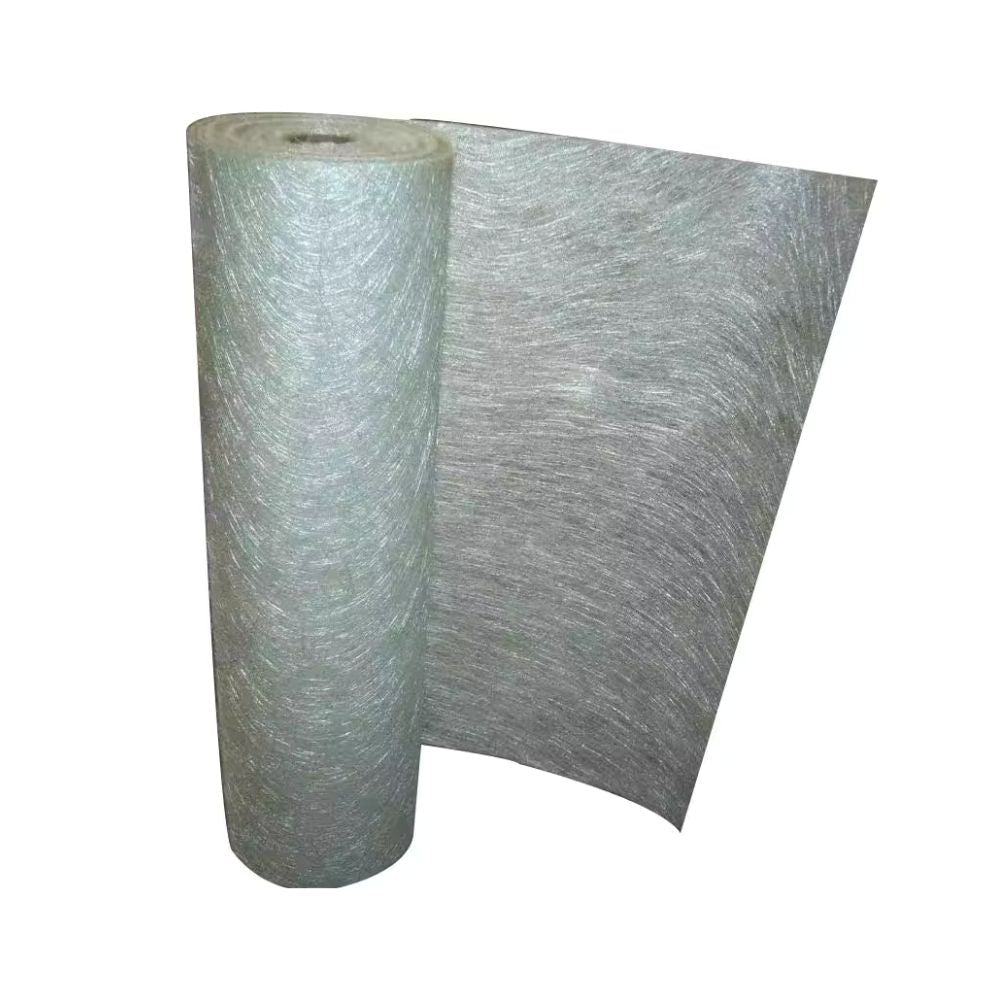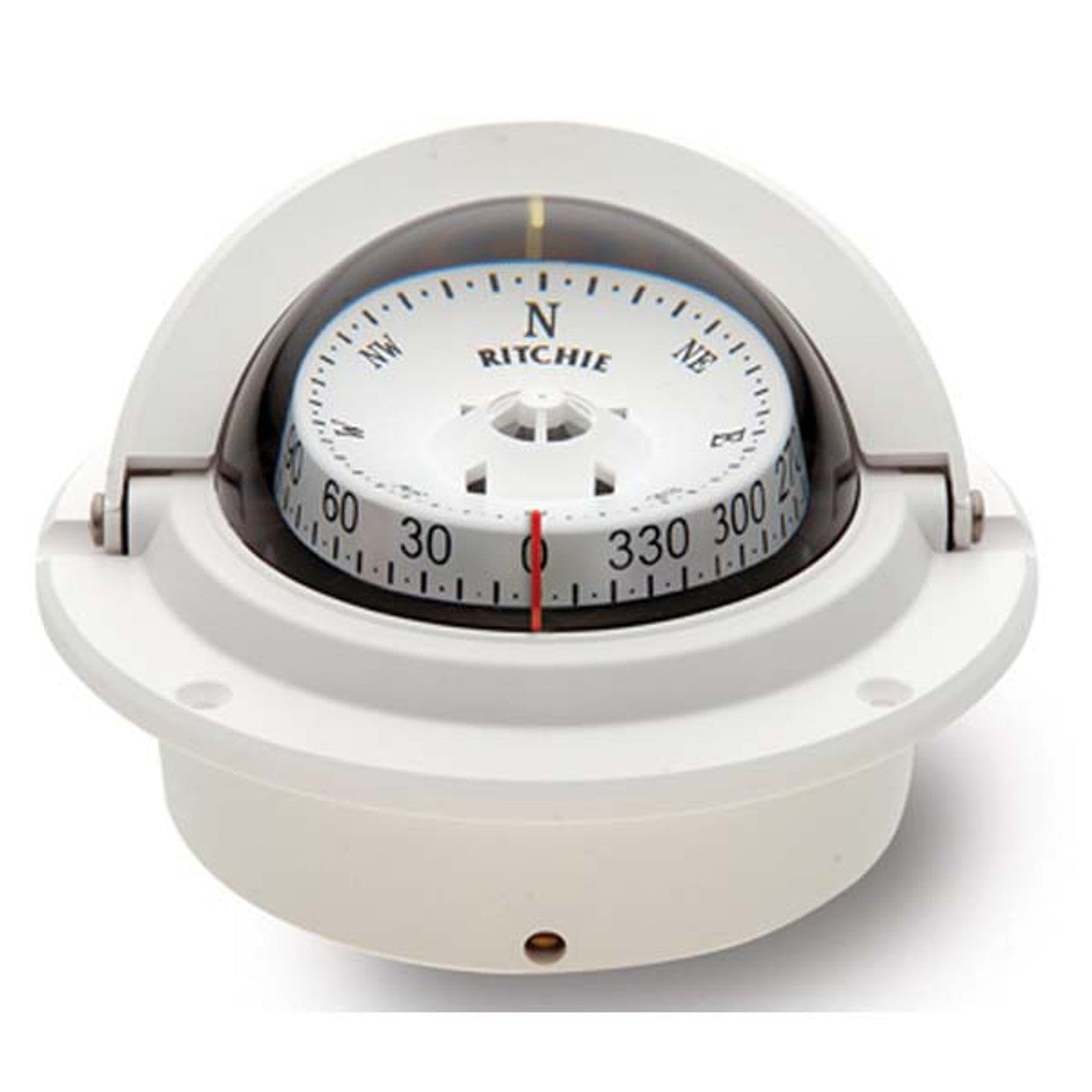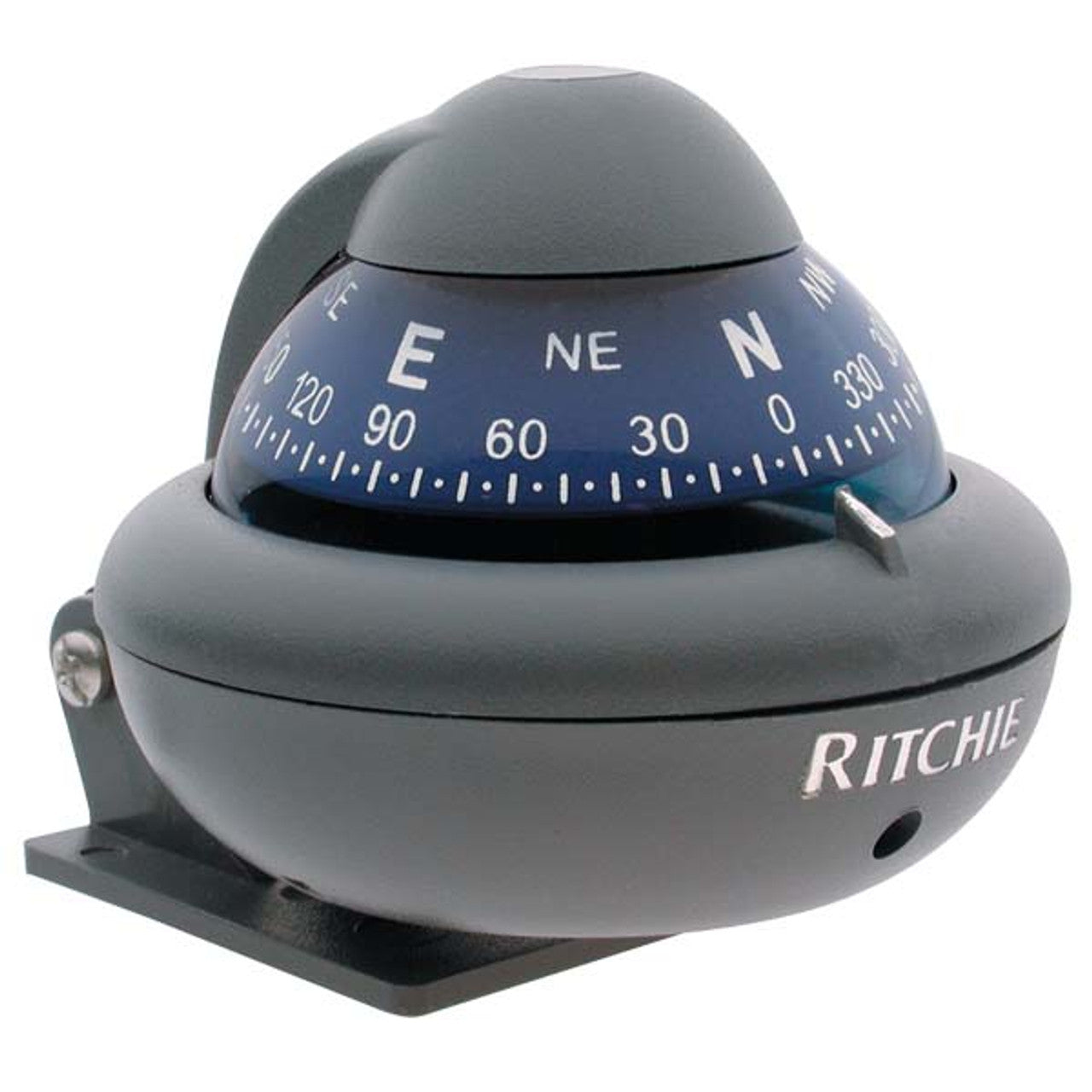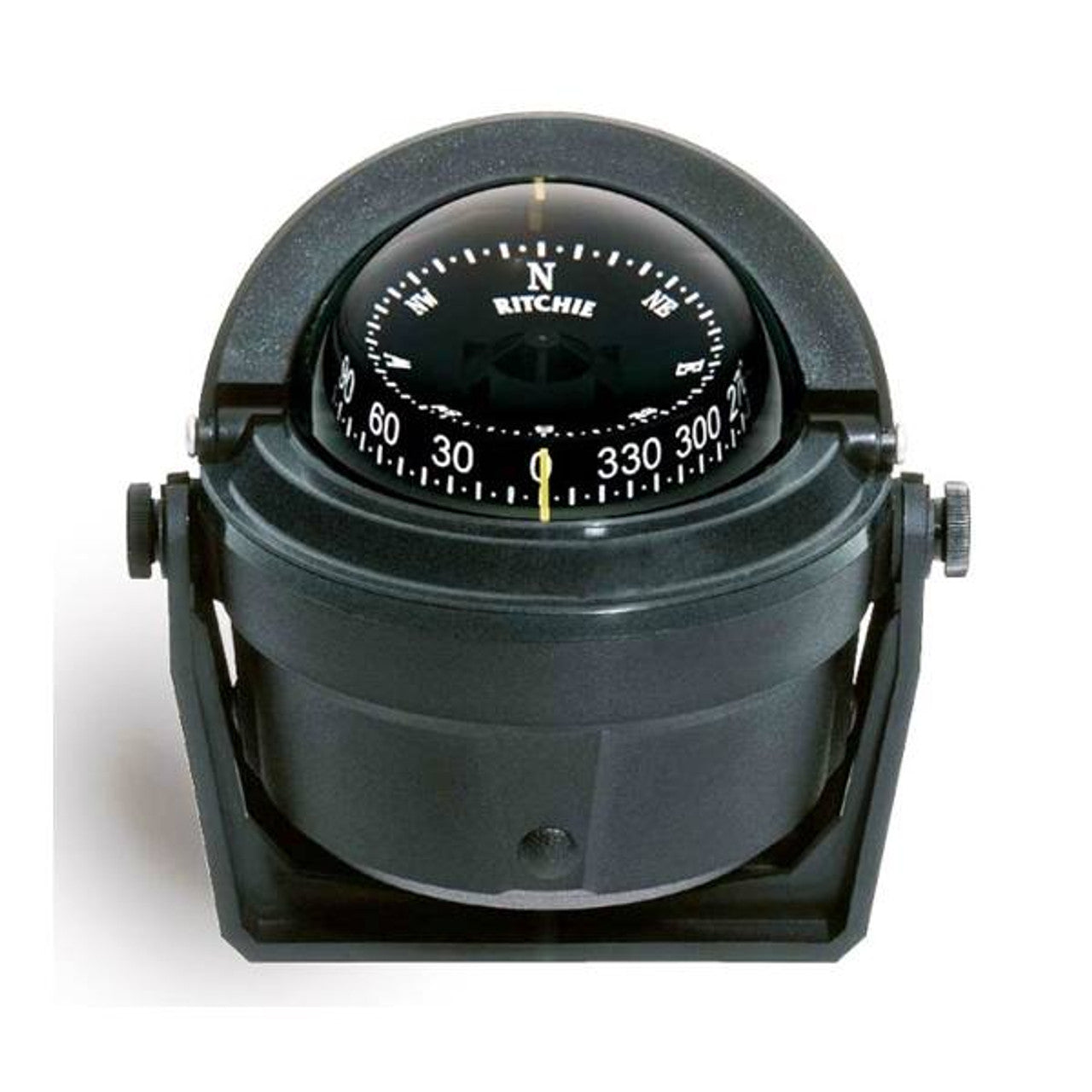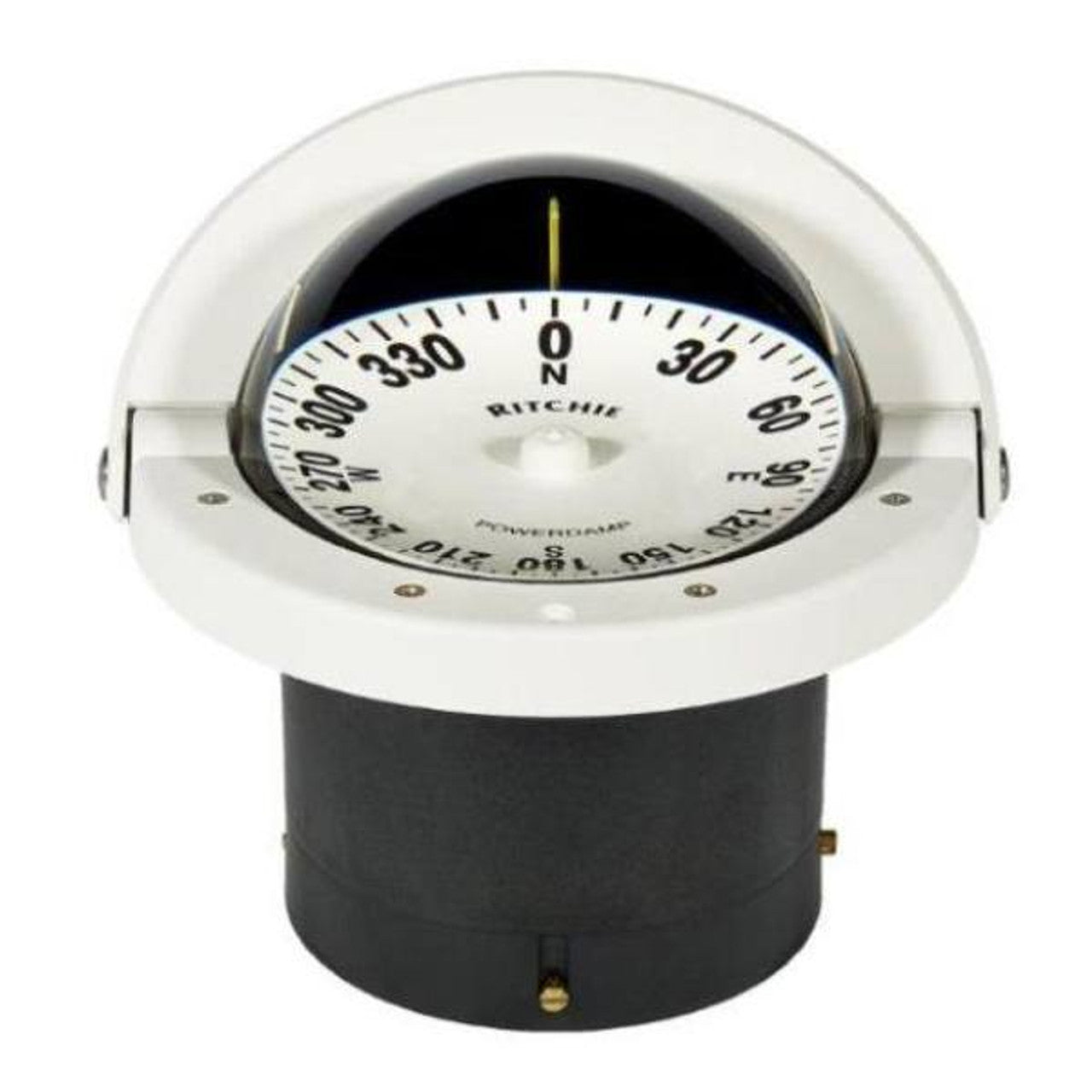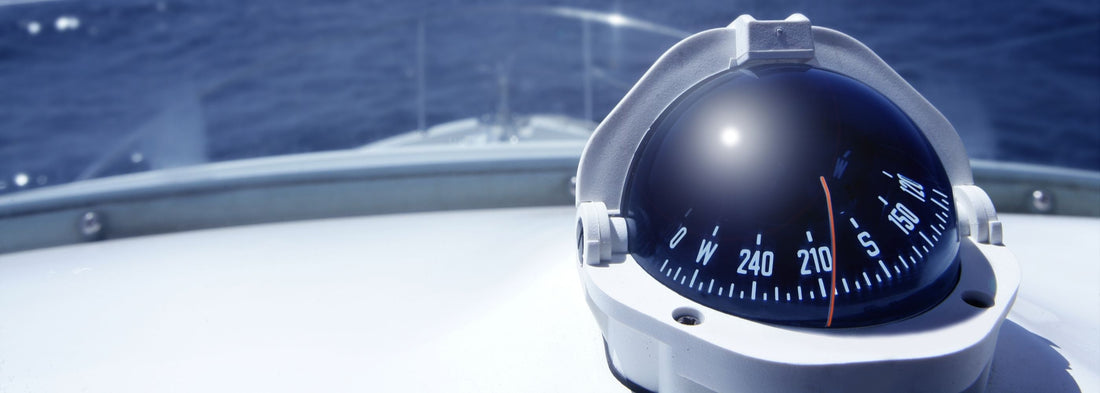
Boat Compass Guide
Boat Compass Guide: Analog vs. Digital – What’s Best for Your Vessel?
A reliable compass is an essential tool for navigating open water, providing accurate directional guidance regardless of weather conditions or GPS availability. Whether you prefer the simplicity of analog compasses or the advanced features of digital models, understanding your options is key.
What Is a Boat Compass?
A boat compass is a navigation instrument used to determine direction relative to the Earth’s magnetic poles. Unlike GPS systems, compasses function independently of satellite signals and electrical power, making them indispensable for emergency situations or traditional navigation.
Types of Boat Compasses
-
Analog (Magnetic) Compass
The classic navigation tool that uses a magnetic needle or card to indicate direction. Highly reliable and does not require a power source. Ideal for traditionalists or as a backup to electronic systems. -
Digital Compass
Uses electronic sensors to determine direction. Often integrated with GPS units, chartplotters, or multifunction displays. Offers advanced features like heading hold, waypoint tracking, and real-time course data. -
Fluxgate Compass
A type of digital compass that uses electromagnetic sensors to measure the Earth’s magnetic field. Provides highly accurate readings and is commonly used in autopilot systems.
Benefits of Using a Boat Compass
-
Reliability: Analog compasses are unaffected by electrical failures or GPS signal loss.
-
Versatility: Digital models offer advanced features like heading correction and route plotting.
-
Safety: A properly functioning compass provides a reliable backup for all other navigation systems.
-
Ease of Use: Simple installation and maintenance make analog compasses especially appealing.
Choosing the Right Boat Compass
When selecting a boat compass, consider the following factors:
-
Purpose: Are you looking for a primary navigation tool or a backup system? Analog models excel as backups, while digital systems offer enhanced functionality.
-
Compatibility: Ensure digital compasses are compatible with your boat’s existing electronics if applicable.
-
Mounting Style: Choose between bulkhead-mounted, binnacle-mounted, or handheld options depending on your setup.
-
Durability: Opt for marine-rated devices built to withstand harsh conditions, including saltwater exposure and UV damage.
-
Budget: High-end digital compasses offer advanced features but may come at a premium.
Installation Tips
For accurate readings, install your compass away from metal objects or electronics that can interfere with its performance. Regularly calibrate digital compasses to ensure accuracy.
Conclusion
Choosing the right boat compass is essential for safe and accurate navigation. Whether you prefer the simplicity of analog models or the high-tech features of digital units, finding the perfect fit for your vessel is essential.
Looking to upgrade your navigation tools? Check out our Boat Compass Collection for top-quality options.
Safe boating!
Prev post

Essential Tips for Choosing Boat Vinyl Cleaner
Updated on 09 April 2025
Next post
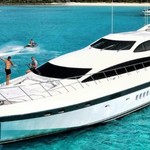
How to Start A Boat Detailing Business
Updated on 02 February 2025














